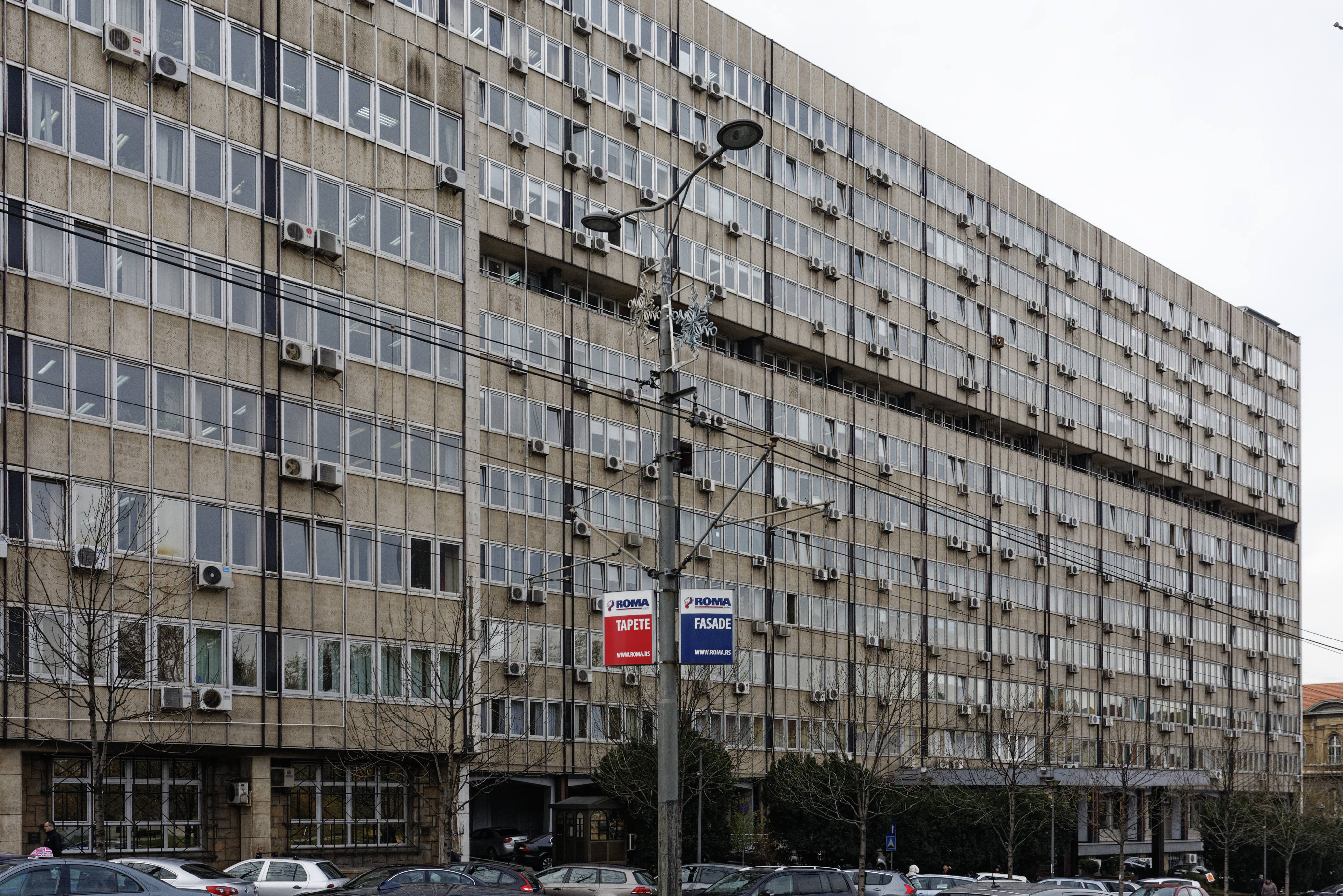Preparatory activities for the energy efficiency renovation of central government buildings have started
May 24, 2022

Energy efficiency of central government buildings
Belgrade, May 24 2022. - In partnership with the Ministry of Mining and Energy of the Republic of Serbia and in close cooperation with the Administration for Joint Services of the Republic Bodies and the Council of Europe Development Bank (CEB), The United Nations Development Programme (UNDP) has started the implementation of the preparatory activities for improving the energy efficiency of central government buildings.
The first in a series of preparatory activities is the preparation of baseline energy certificates, after which detailed energy audits of buildings will be conducted in accordance with the methodology used in the EU, respectively in accordance with the Energy performance of buildings directive.
Based on the results of the conducted energy audits, possible savings will be assessed. Three investment packages of energy efficiency measures and the use of renewable energy sources for each building will be proposed. For each package, a financial analysis and evaluation of other social benefits they bring will be conducted.
After these deliberations, the optimal package of measures will be selected for each building, on the basis of which the appropriate project documentation for energy rehabilitation will be prepared. Geothermal potential explorations will be performed for the two most complex buildings, "Palace of Serbia" and "SIV 3", which will give a precise picture of the possibility of using geothermal energy for heating and cooling of these facilities.
Additionally, detailed feasibility studies will be prepared for these buildings in accordance with the regulations on capital project management.
Until now, several teams of national and international experts have inspected 18 buildings, and it is planned to conclude the inspection of all facilities by the end of June. The selected central government buildings cover a total of 208,000 m2, and one half of them are categorized as cultural heritage. Among them are some of the most significant cultural monuments of Belgrade, such as the Office of the President of the Republic on Andrićev venac Street and the building of the Government of the Republic of Serbia.
The expected results of the “Energy Efficiency in Central Government Buildings” project worth EUR 40 million are: reduction in primary energy consumption in renovated buildings by about 30%, reduction in CO2 emissions by about 20%, improved working conditions, improved occupational safety and about 29% savings in operating cost for energy. In addition, the project should contribute to the protection and preservation of cultural heritage buildings.
Preparatory activities are part of UNDP's efforts and aspirations to help the green transition process in Serbia. On the occasion, the UNDP Resident Representative in Serbia, Ms Francine Pickup, pointed out:
"In Serbia, 40% of GHG emissions come from the energy consumption in buildings, of which 15% are attributed to public institutions. The rehabilitation of old, energy-inefficient public buildings will lead to a reduction in GHG emissions, improve air quality at the local level and conditions for the people who use the buildings. It will also create new jobs for local construction companies, building maintenance companies, improve resilience to climate change and preserve the historic value of these facilities. ”
A major development challenge for Serbia is the inefficient use of energy, which is mostly obtained by burning fossil fuels, which results in high emissions of harmful substances, including those that cause the greenhouse effect.
Numerous studies indicate that Serbia has great potential for improving the energy efficiency of its building stock. When it comes to public buildings, the significant potential for energy savings is related to the technical systems of buildings (heating, air conditioning, interior lighting, etc.), building management systems, and the behaviour of the users themselves. That is why it is necessary to assess the current state of energy efficiency of buildings and thus provide the information needed to define the proposed package of various energy efficiency measures that will be included in an energy efficiency renovation plan for each of the facilities.
The planned preparatory activities will be completed by May 2023 and realised thanks to the financial support from the Western Balkans Investment Framework (WBIF) and Council of Europe Development Bank (CEB) Trust Fund donors – Kingdom of Spain and Republic of Slovakia.

 Locations
Locations